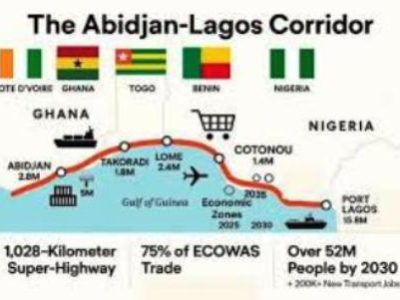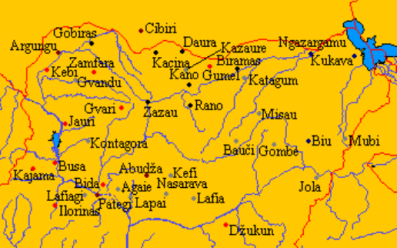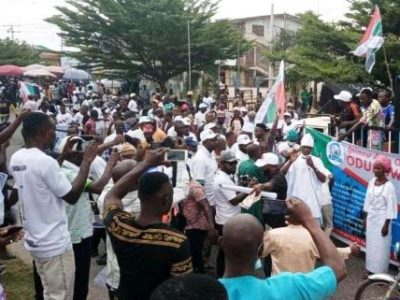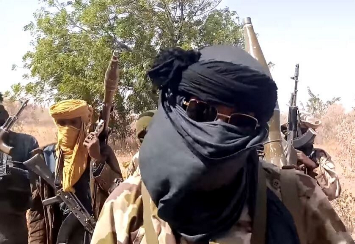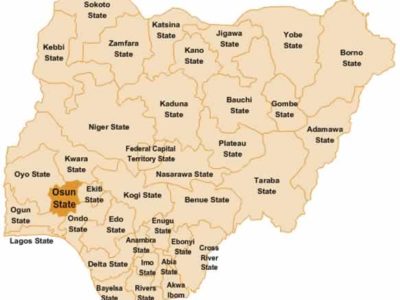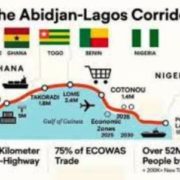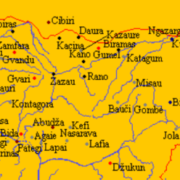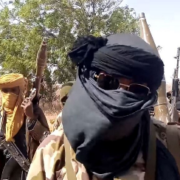
Tens of
millions of people in Africa could become destitute as a result of COVID-19 and
its catastrophic impact on fragile economies and health systems across the
continent, human rights chiefs from the United Nations and the African
Commission warned on Wednesday.
UN High Commissioner for Human Rights Michelle Bachelet, and Chairperson of the
African Commission on Human and Peoples’ Rights, Solomon Dersso, issued a joint
call for urgent measures to mitigate the ripple effects of COVID-19 on
the most vulnerable.
“We cannot afford to stand idly by and hope this most viral and deadly of
diseases bypasses Africa, which is home to many of the world’s poorest
countries who are simply not in position to handle such a pandemic”, Bachelet
and Dersso said.
Cases in every country
As of 19 May, COVID-19 had reached all 54 African States, infecting 88,172
people – 16,433 of them in South Africa, which recorded the highest number of
cases. The continent had lost a total 2,834 people to the virus.
Poverty, lack of social protection, limited access to water, poor sanitation
infrastructure, pre-existing disease burden, conflict and overstretched health
systems, have created heightened risk for spreading the disease.
Ms. Bachelet and Mr. Dersso called for equitable access to COVID-19 diagnostics,
therapeutics and vaccines, urging creditors of African countries to freeze,
restructure or relieve debt.
“This health crisis – along with the debt burden of the continent and its
already fragile economies – threaten to further drain reserves, cripple nascent
job creation schemes and annihilate gains made in social development,” they
said.
Potential poverty explosion
Such losses could “throw millions more people into want and poverty,” they
said, pointing out that the costs of water and basic commodities have already
spiked in many countries. People are facing hunger due to disrupted
access to food and cooking fuel. Recession in the region now looms large
for the first time in more than 25 years.
“It is a matter of human rights necessity that there must be international
solidarity with the people of Africa and African Governments,” they said.
Priority investments are needed in health, water and sanitation, social
protection, employment and sustainable infrastructure.
Acknowledging the economic pain
The pair said that while measures to restrict movement and increase physical
distancing were essential in the fight against the virus, they are now having a
dramatic impact, in particular, on those who rely on informal daily work for
their survival.
In addition, the human rights experts underlined the importance of preserving
freedom of association, opinion and expression, as well as access to
information during this critical time. They called on Governments and
businesses operating in Africa to consider making Internet tariffs more
affordable so that information can reach broader audiences.
Learning from Ebola, malaria
More broadly, the rights chiefs said Africa has learned from its experiences
with Ebola and malaria about the need to take swift action in countering
disease spread. They reminded African Governments that it is a legal
imperative – and a pre-requisite for success – that they protect the most
vulnerable and stamp out any violations that emerge during the pandemic,
including discrimination in all its forms, violence against women, food
insecurity, excessive use of force and extrajudicial killings.

